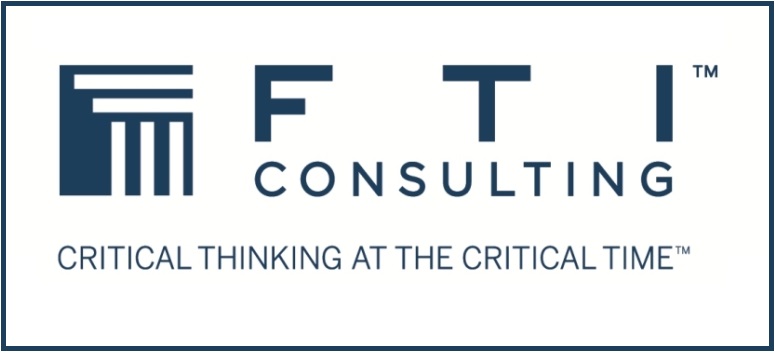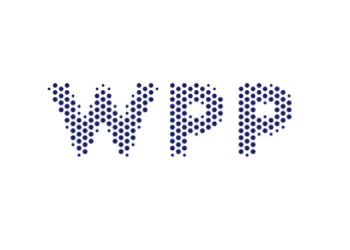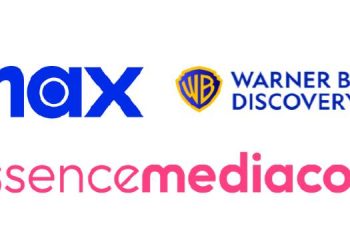FTI Consulting is forecasting that core U.S. online advertising will surpass broadcast TV, which has long been the dominant media in ad spending.
The firm’s US Media Industry Forecast reports that core online advertising will climb from $37.5 billion in 2014 to $41.8 billion this year and $55.6 billion by 2018. The Media & Entertainment team at FTI Consulting is forecasting an annual growth rate of 10.3% for digital ad spending, compared to a projected 4.2% average annual increase for the broadcast sector over the same five-year period. Broadcast ad revenues are poised for a minimal increase in 2015 to $38.9 billion and to $45.5 billion by 2018.
The Media & Entertainment team predicts that the overall advertising growth from all forms of media—including TV, digital, print, direct marketing and outdoor—will increase this year by 2.4% in comparison to a 3 percent increase in 2014. Based on historical averages, the team’s forecast suggests that the total ad market would currently equal $280 billion—1.6% of GDP—without the effect of digital. Instead, it remains at a record low of only $212 billion, representing 1.2% of GDP, with digital now accounting for $48 billion of the total.
“While it is difficult to completely isolate one factor that is driving changes in ad spending from the historical trends, our model suggests that digital substitution is the primary driver contributing to changes in the television ad ecosystem today,” commented Philip Schuman, the senior managing director and co-leader of FTI Consulting’s Media & Entertainment team. “We believe that effective data-driven targeting, low CPMs and vast inventory, as well as a direct feedback loop that enables advertisers to calculate a return on digital advertising dollars spent, has enabled them to allocate less to get more.”
“If digital follows a growth curve similar to that of other technologies, we would expect it to grow from 22% of the market today to 30% by 2020 and 35% by 2040,” added Luke Schaeffer, the senior managing director and co-leader of FTI Consulting’s Media & Entertainment team. “A critical question is if efficient market economics will bring the market back to equilibrium or if the internet has created a permanent new paradigm.”
Schaeffer continued, “In fact, we are closely monitoring the possibility that digital’s penetration of the advertising market may be accelerating. There are a few initial indicators that the hastening of digital video advertising may be causing such acceleration. If that does indeed prove out, we estimate the digit video ad trend could eliminate much of the forecasted growth in television advertising over the next five years.”

















